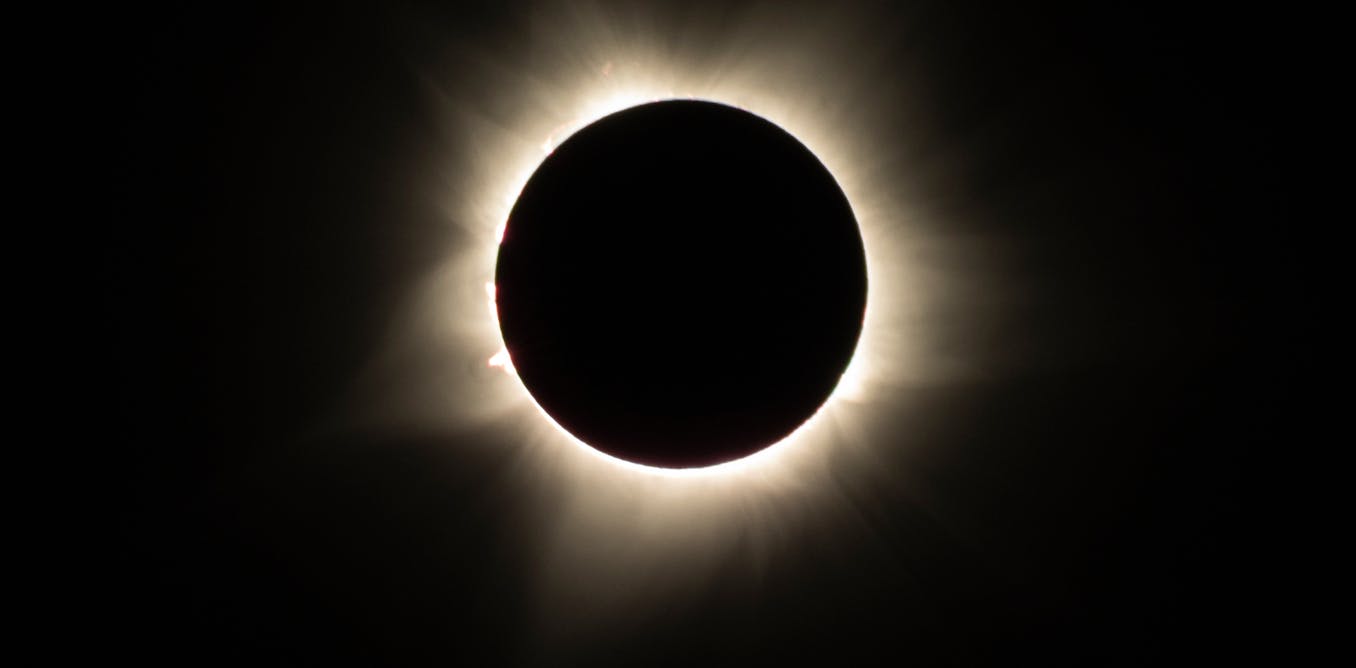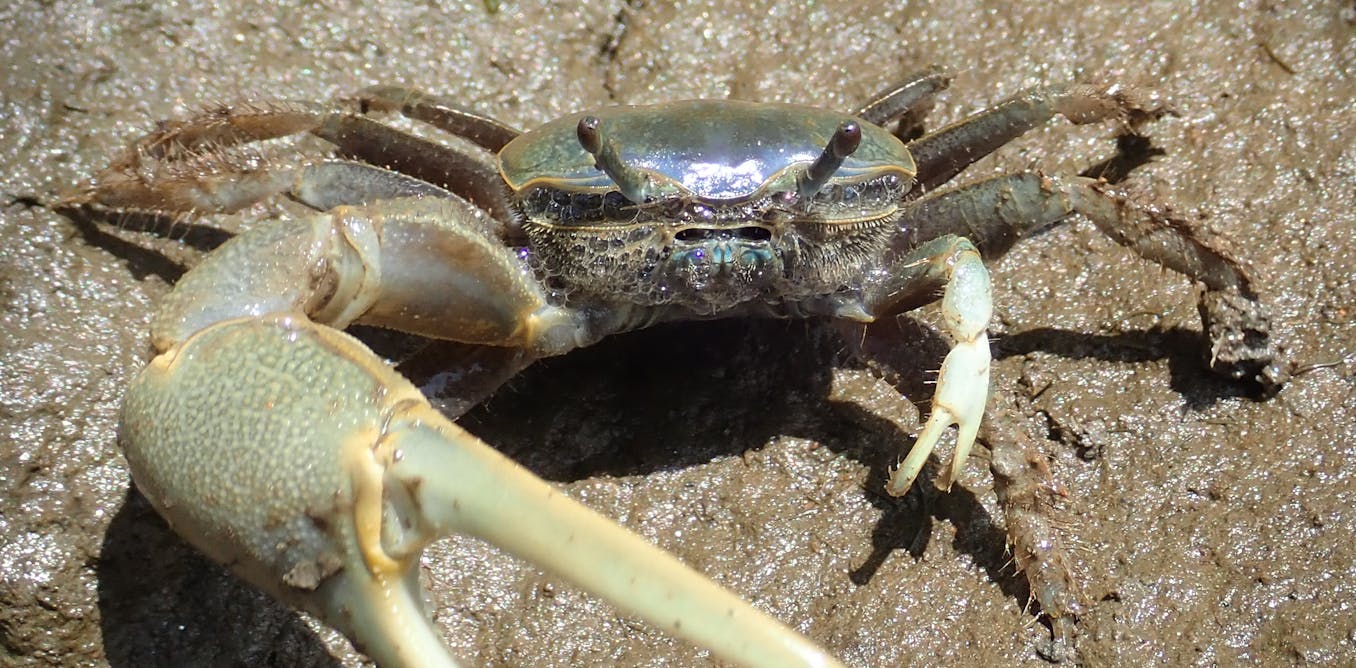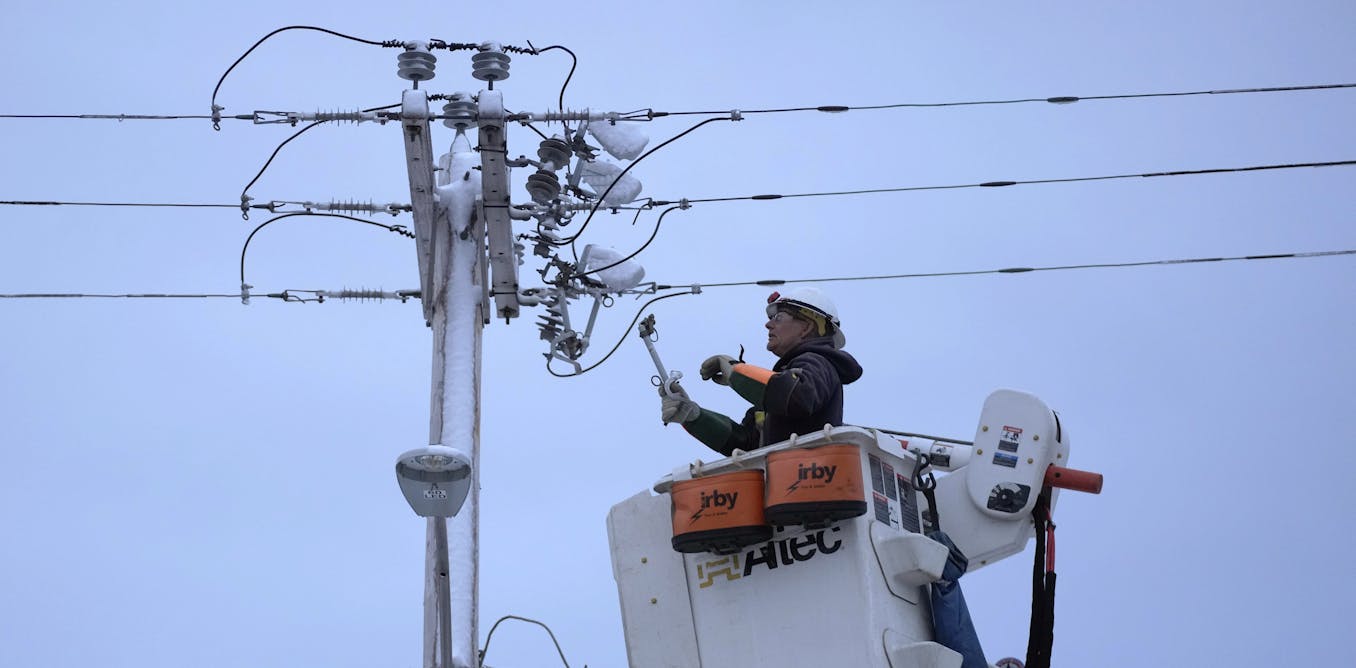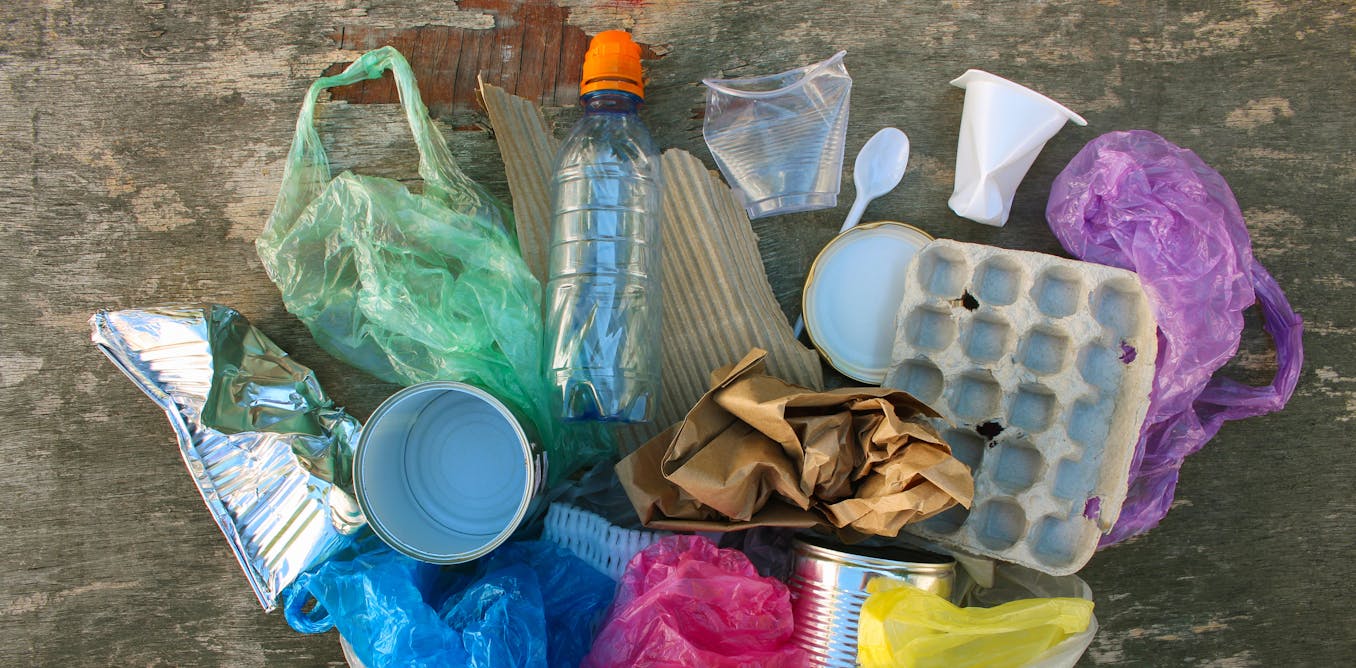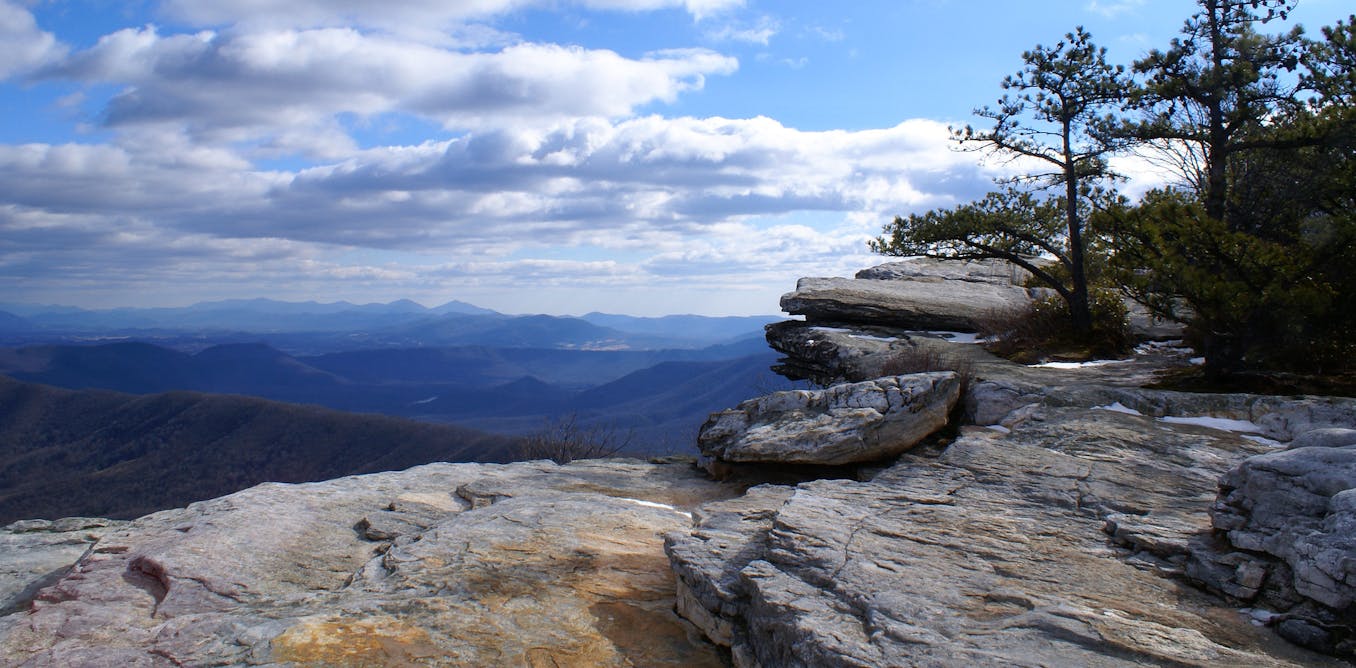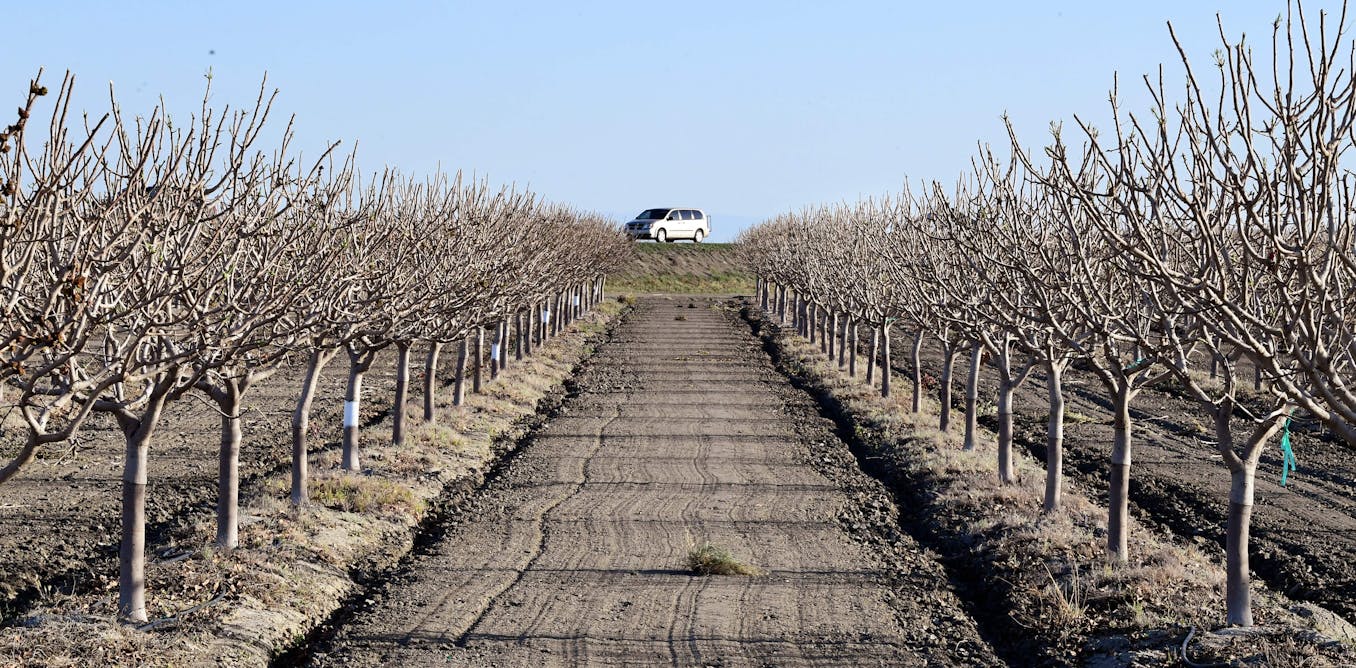How a thumb-sized climate migrant with a giant crab claw is disrupting the Northeast's Great Marsh ecosystem
South of Cape Cod, fiddler crabs and marsh grass have long had a mutually beneficial relationship. It’s a different story in the North, where the harms can ricochet through ecosystems.
Dec. 5, 2023 • ~9 min
Maine voters don't like their electric utilities, but they balked at paying billions to buy them out
Power companies can be publicly or privately owned and may report to corporate boards, local governments or co-op members. But there’s no one best way to deliver electricity reliably and affordably.
Nov. 9, 2023 • ~10 min
What are PFAS, and why is the EPA warning about them in drinking water? An environmental health scientist explains
The federal government has new advisories on PFAS, which can put human health at risk in a list of ways, but so far only states are regulating the chemicals.
June 21, 2022 • ~8 min
Packaging generates a lot of waste – now Maine and Oregon want manufacturers to foot the bill for getting rid of it
Maine and Oregon have enacted laws that require makers of consumer product packaging to pay for recycling or disposing of it. Will other states follow?
Sept. 8, 2021 • ~9 min
A century after the Appalachian Trail was proposed, millions hike it every year seeking 'the breath of a real life'
When forester Benton MacKaye proposed building an Appalachian Trail 100 years ago, he was really thinking about preserving a larger region as a haven from industrial life.
Aug. 12, 2021 • ~8 min
Water wells are at risk of going dry in the US and worldwide
The US has one of the highest groundwater use rates in the world. When wells run dry, households may opt to conserve water, find new sources or sell and move.
May 10, 2021 • ~9 min
When dams cause more problems than they solve, removing them can pay off for people and nature
Thousands of dams across the US are aging and overdue for maintenance. Taking them down can revive rivers, restore fish runs and create new opportunities for tourism and outdoor activities.
May 29, 2020 • ~9 min
/
1

